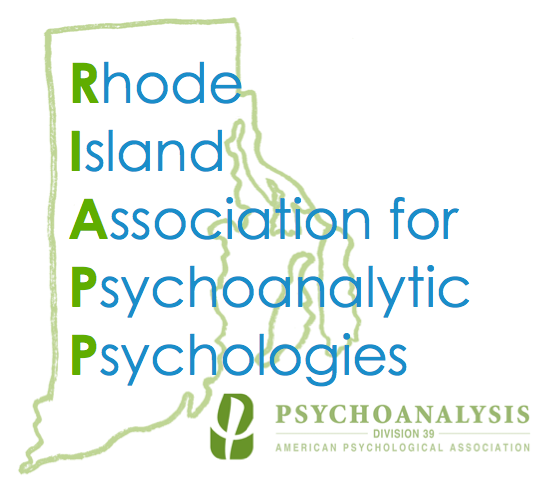NOVEMBER CONFERENCE: Saturday November, 6th, 9:00AM-12:30PM=
This conference will be virtual, using Zoom. Registration will open 30 days prior to event.
3.0 Continuing Education Credits. Attendance will be verified through Zoom.
The lecture will juxtapose the intrapsychic idea of reparation, based on understanding the unconscious anxieties of harming the love object, with the intersubjective ideas of repairing rupture and restoring recognition. That is, it aims to use and also reformulate the Kleinian idea of reparation of the internal object. Researchers have noted a process beginning in infancy of rupture and repair, generating the experience of a lawful world of secure attachment. I call this the moral Third. In the absence of intersubjective repair the child may interpret her need for acknowledgment and soothing as destructive (destabilizing) to the needed other. This formulation allows us to see how enactments in the analytic relationship become governed by mutual fear of harming. Fear of harming and being injured drives the doer-done to complementarity involving both partners. Acknowledgment of fears and injury arising in enactment are therapeutically essential and strengthen the moral Third. We also consider the social implications of modifying the doer-done to complementary relation via the experience of two minds recognizing each other.
Learning Objectives:
Upon completion of this program, participants should be able to:
1. Identify anxieties related to the belief that one's own needs are destructive
2. Describe how emotional safety is influenced by recognition of distress and the dynamic of rupture and repair including therapeutic acknowledgment
3. Recognize how therapists and patients can extricate themselves from enactments based in dissociation
Biography:
Jessica Benjamin is best known as the author of The Bonds of Love (1988), which is translated into many languages, and of “Beyond Doer and Done To: An Intersubjective View of Thirdness” (2004), the basis for her recent book Beyond Doer and done To: Recognition Theory, Intersubjectivity and the Third (2018).. In addition she is the author of Like Subjects, Love Objects (1995); and Shadow of the Other (1998). Her article “Beyond Doer and Done To: An Intersubjective View of Thirdness” has been one of the most frequently cited articles on PEP web for many years. She has been one of the leaders in the relational movement in psychoanalysis since its inception. She teaches and supervises at the New York University Postdoctoral Program in Psychotherapy and Psychoanalysis as well as at the Stephen Mitchell Relational Studies Center of which she is a co-founder. She also initiated and participated in a series of workshops for mental health and community professionals in Israel/Palestine called The Acknowledgment Project.
References
Tronick, E. 1989. Emotions and Emotional Communication in Infants. American Psychology 44: 112=119.
Benjamin, J.2004 Doer and Done To: An Intersubjective View of Thirdness. Psychoanalytic Quarterly 73: 5-46
Benjamin, J. (2018). “Our Appointment in Thebes,” in Beyond Doer and Done To: Recognition Theory, Intersubjectivity and the Third. New York & London: Routledge
Bromberg, P. 2011. “Mentalize This” in The Shadow of the Tsunami. New York & Lond: Routledge
Winnicott, D. W. 1971 The Use of an Object and Relating through Identification. In Playing and Reality. New York Penguin.

